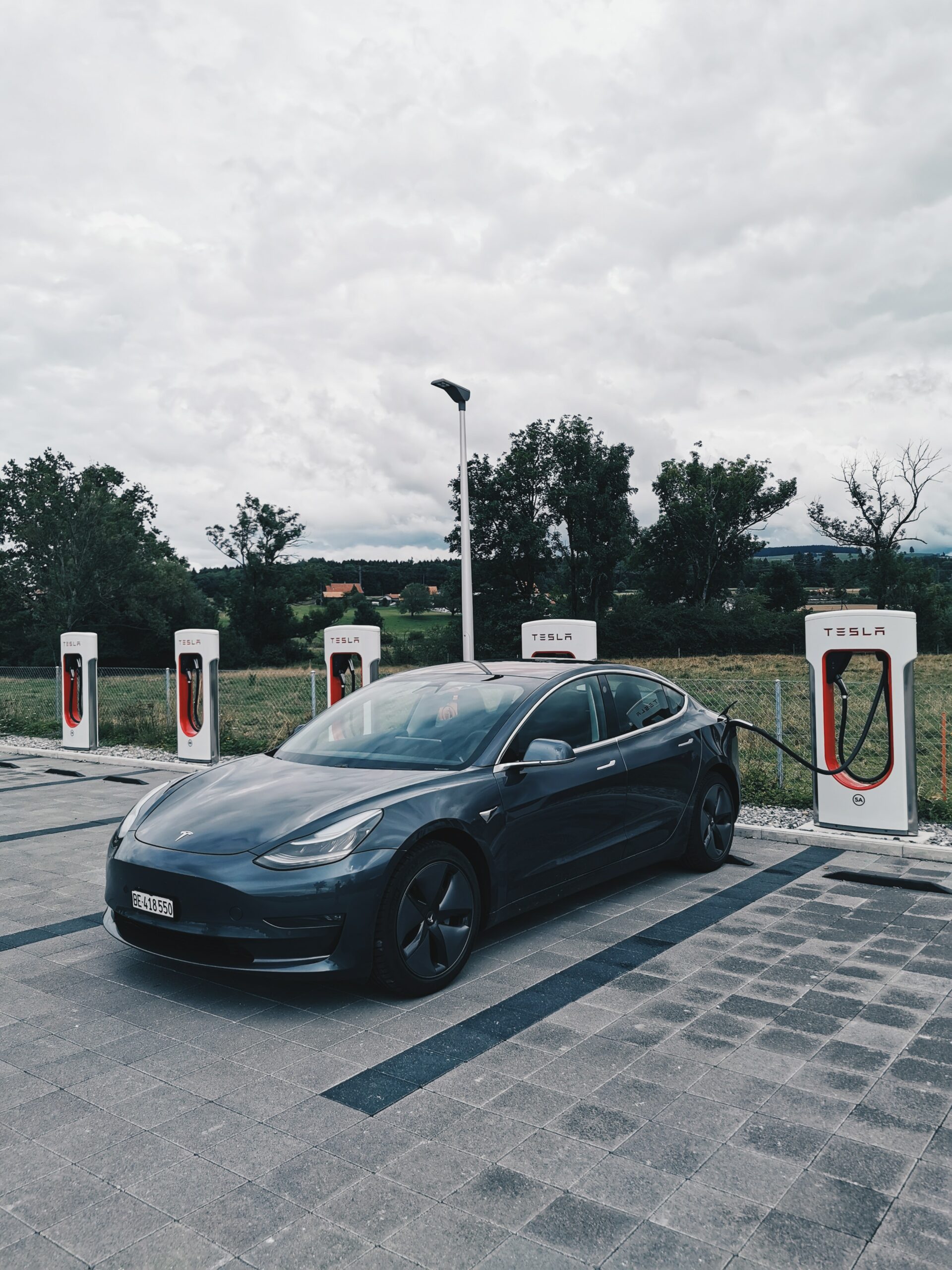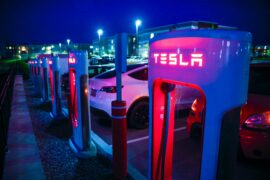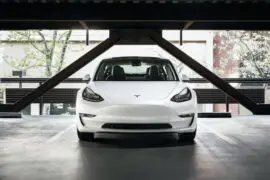Contents
Switching to electric cars
Introduction
The global automotive landscape is undergoing a transformative shift towards electric cars. This shift is not merely a trend but a crucial step toward addressing pressing environmental concerns. As the world grapples with the urgent need to combat climate change and reduce carbon emissions, transitioning to electric vehicles has emerged as a vital strategy for promoting environmental sustainability.
In this article, we delve into the significance of this transition and its implications for individuals, communities, and the planet as a whole. We aim to provide comprehensive guidance for those contemplating the switch to electric cars. From understanding the environmental benefits to navigating the practicalities of ownership, we offer insights and advice to empower individuals to make informed decisions about embracing electric mobility.
Environmental Benefits of Electric Cars
Electric cars offer a multitude of environmental advantages, making them a compelling choice for conscientious consumers concerned about the planet’s well-being.
Zero Tailpipe Emissions and Reduced Air Pollution:
Electric vehicles produce zero tailpipe emissions, eliminating harmful pollutants such as carbon dioxide (CO2), nitrogen oxides (NOx), and particulate matter. Unlike conventional gasoline vehicles that emit pollutants directly into the atmosphere, electric cars operate cleanly, contributing to cleaner air and healthier environments in urban areas and beyond.
By reducing reliance on fossil fuels, electric cars play a pivotal role in mitigating climate change. The transition to electric vehicles helps decrease greenhouse gas emissions, thereby curbing the atmospheric carbon buildup responsible for global warming. Additionally, the reduction in air pollutants leads to improved air quality, benefiting public health and ecosystems alike.
Comparison with Traditional Gasoline Vehicles:
Electric cars offer significant environmental advantages compared to traditional gasoline vehicles. While internal combustion engine (ICE) vehicles rely on burning fossil fuels, electric cars derive their power from electricity, which can be generated from renewable energy sources such as solar, wind, and hydropower. As a result, electric vehicles have a considerably lower carbon footprint over their lifecycle, encompassing manufacturing, operation, and disposal stages. Moreover, electric cars are inherently more energy-efficient, converting a higher proportion of energy from the grid into vehicle propulsion compared to ICE vehicles, which lose energy through heat and friction.
In essence, the environmental benefits of electric cars extend far beyond individual vehicle emissions, encompassing broader implications for climate change mitigation, air quality improvement, and sustainable energy use. As society transitions towards electrified transportation, the cumulative impact of widespread electric vehicle adoption promises a greener and more sustainable future for generations to come.
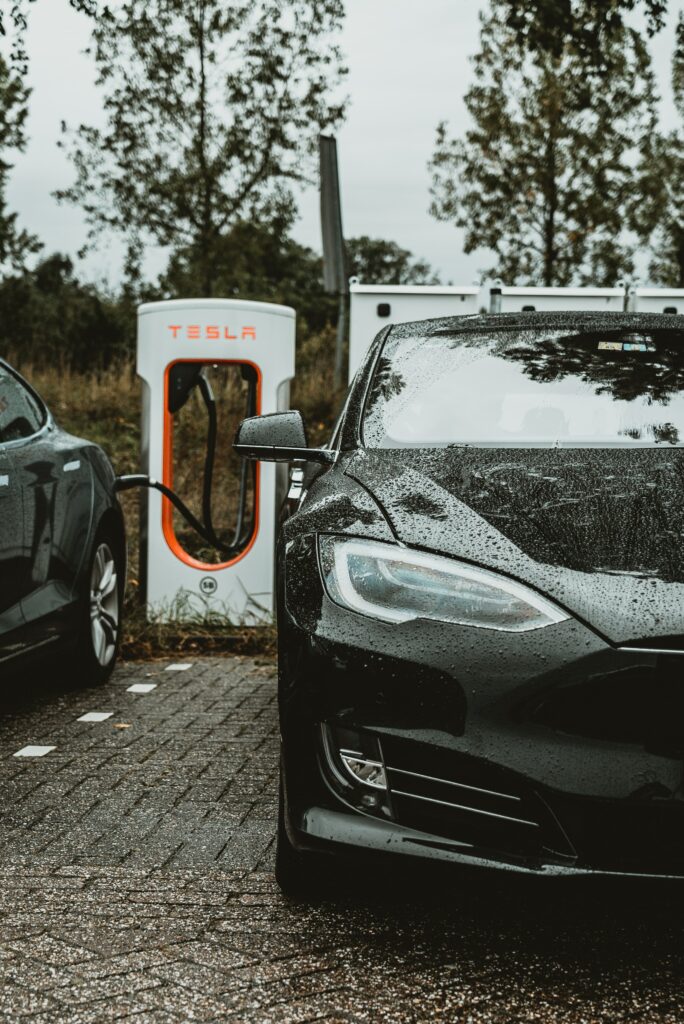
Economic Advantages of Electric Cars
The economic benefits of electric cars make them an appealing choice for consumers looking to save money over the lifetime of their vehicle ownership.
Lower Operating Costs Due to Cheaper Electricity:
Electricity is typically cheaper than gasoline or diesel fuel on a per-mile basis, resulting in substantial savings for electric vehicle (EV) owners. With the rising costs of gasoline, the cost-effectiveness of electric cars becomes increasingly evident, especially for those who drive frequently or over long distances.
Reduced Maintenance Expenses with Fewer Moving Parts:
Electric vehicles have simpler drivetrains and fewer moving parts compared to internal combustion engine (ICE) vehicles. This means less wear and tear on components such as the engine, transmission, and exhaust system, resulting in reduced maintenance requirements. EV owners can expect to spend less on routine maintenance tasks such as oil changes, spark plug replacements, and exhaust system repairs, translating into long-term cost savings.
Potential Savings for Electric Vehicle Owners:
Beyond lower operating and maintenance costs, electric car owners may benefit from various financial incentives and perks. Additionally, some jurisdictions provide preferential treatment, such as free parking, access to carpool lanes, and reduced registration fees for electric cars. These incentives can further enhance the economic appeal of electric vehicles and offset the initial purchase price.
In summary, the economic advantages of electric cars extend beyond fuel savings to encompass reduced maintenance expenses and potential financial incentives. As the cost of electric vehicles continues to decline and the infrastructure supporting electric mobility expands, the financial benefits of going electric are becoming increasingly compelling for consumers seeking.
Government Support and Incentives
Government support and incentives play a pivotal role in accelerating the adoption of electric vehicles (EVs) and fostering the growth of electric mobility infrastructure. Here’s how government initiatives are facilitating the transition to electric cars:
Tax Credits, Rebates, and Other Incentives:
Governments around the world offer various financial incentives to encourage consumers to switch to electric cars. These incentives often take the form of tax credits, rebates, or grants that reduce the upfront cost of purchasing an electric vehicle. By making electric cars more affordable, these incentives help offset the higher initial purchase price compared to traditional gasoline vehicles, thereby incentivizing consumers to make the switch.
Governments enact policies and regulations aimed at promoting electric vehicle adoption and supporting the development of charging infrastructure. These policies may include mandates for automakers to produce a certain percentage of electric vehicles, as well as regulations that require the installation of charging stations in public places and new residential buildings. Additionally, governments may offer grants or subsidies to support the expansion of charging infrastructure, making it more convenient for consumers to charge their electric cars.
Importance of Government Support for Facilitating the Transition:
Government support is crucial for overcoming barriers to electric vehicle adoption and accelerating the transition to electric mobility. By providing financial incentives, implementing supportive policies, and investing in infrastructure, governments can create a conducive environment for electric vehicle uptake. Moreover, government leadership and commitment signal to consumers and industry stakeholders that electric mobility is a priority, instilling confidence in the transition and driving further investment and innovation in the electric vehicle sector.
In conclusion, government support and incentives play a vital role in driving the transition to electric cars by making them more affordable, promoting infrastructure development, and signaling a commitment to sustainable transportation. Continued government action and collaboration with industry stakeholders are essential for realizing the full potential of electric mobility and achieving environmental and energy security goals.
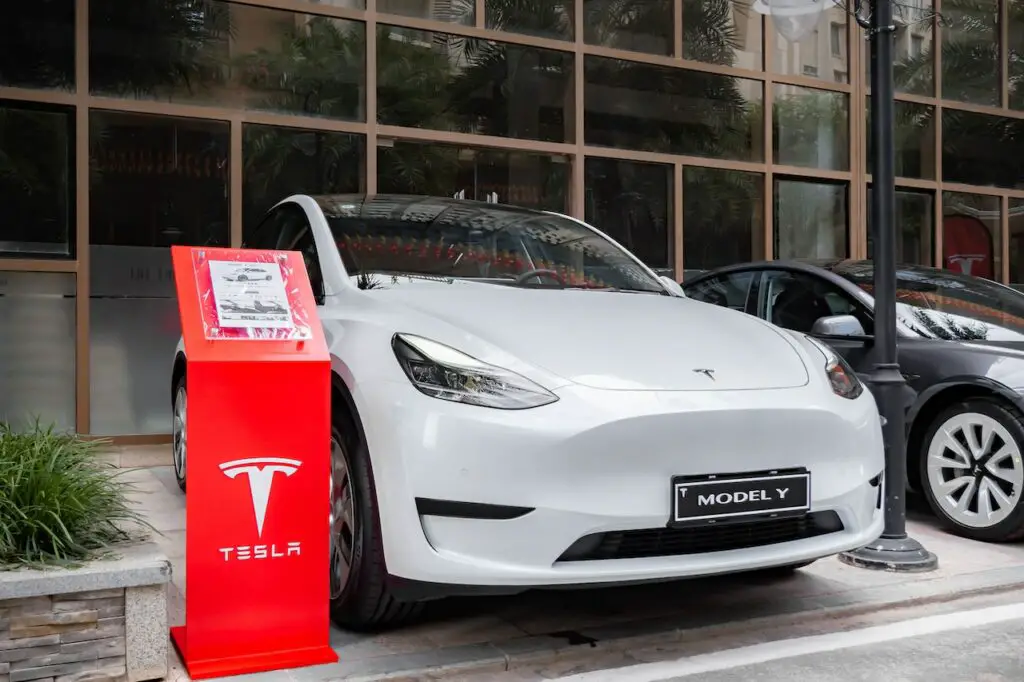
Technological Progress in Electric Vehicles
The rapid pace of technological innovation in the electric vehicle (EV) sector is reshaping the automotive industry and driving the widespread adoption of electric cars. Here are the key advancements fueling the progress of electric vehicles:
Battery technology is at the forefront of electric vehicle innovation, with ongoing research focused on improving energy density, reducing costs, and enhancing safety. Lithium-ion batteries, the most common type used in electric cars, have seen significant advancements in recent years, resulting in increased energy storage capacity and longer driving ranges for electric vehicles. Moreover, innovations in fast-charging technology have made it possible to recharge electric car batteries more quickly, addressing one of the key concerns of consumers—range anxiety.
Introduction of Innovative Features in Modern Electric Cars:
Modern electric cars boast a range of innovative features that enhance performance, comfort, and convenience for drivers and passengers alike. From advanced driver-assistance systems (ADAS) to cutting-edge infotainment systems and connected services, electric vehicles offer a seamless and enjoyable driving experience. Additionally, electric cars often incorporate regenerative braking technology, which captures and stores energy during braking, further improving efficiency and extending driving range.
Role of Ongoing Research in Enhancing Performance and Efficiency:
Ongoing research and development efforts are continuously pushing the boundaries of electric vehicle performance and efficiency. Researchers are exploring new materials and manufacturing techniques to improve battery performance and reduce costs, as well as developing novel technologies to enhance electric motor efficiency and powertrain design. Furthermore, advancements in vehicle-to-grid (V2G) technology and smart charging systems are enabling electric cars to serve as grid resources, supporting renewable energy integration and grid stability.
In summary, technological progress in electric vehicles is driving innovation, improving performance, and expanding the capabilities of electric cars. With ongoing research and development efforts focused on enhancing battery technology, introducing innovative features, and optimizing efficiency, the future of electric mobility looks promising, paving the way for a sustainable and electrified transportation ecosystem.
Expanding Charging Infrastructure
The expansion of charging infrastructure is essential for supporting the widespread adoption of electric vehicles (EVs) and addressing key challenges such as range anxiety. Here are the key aspects of the expanding charging infrastructure:
Growth of Charging Network in Urban and Rural Areas:
Governments, businesses, and utility companies are investing in the development of charging infrastructure to accommodate the growing number of electric vehicles on the roads. Charging stations are being deployed in urban centers, residential neighborhoods, workplaces, and public parking facilities to provide convenient access to charging for EV owners. Additionally, efforts are underway to expand charging infrastructure in rural areas, ensuring that electric vehicle drivers have access to charging facilities regardless of their location.
Availability of Fast-Charging Stations along Highways:
Fast-charging stations, also known as DC fast chargers, are strategically located along highways and major travel routes to facilitate long-distance travel for electric vehicle owners. These high-power chargers can replenish a significant portion of an EV’s battery capacity in a relatively short amount of time, making long trips more feasible and convenient. The availability of fast-charging stations along highways alleviates concerns about range anxiety and enables electric car drivers to embark on road trips with confidence.
Importance of Robust Infrastructure for Alleviating Range Anxiety:
Range anxiety, the fear of running out of battery charge while driving, is a common concern among electric vehicle owners. A robust charging infrastructure plays a crucial role in alleviating range anxiety by providing ample opportunities for EV drivers to recharge their vehicles during their journeys. By strategically deploying charging stations in key locations and ensuring their reliability and accessibility, stakeholders can instill confidence in electric car owners and encourage greater adoption of electric vehicles.
In conclusion, the expansion of charging infrastructure is vital for supporting the transition to electric mobility and addressing the challenges associated with range anxiety. By investing in the growth of charging networks in urban and rural areas, deploying fast-charging stations along highways, and ensuring the reliability and accessibility of charging facilities, stakeholders can.

Corporate Commitments to Electric Mobility
Corporate commitments to electric mobility play a significant role in driving the transition towards a sustainable transportation future. Here are key aspects of automakers’ and corporations’ commitments to electric mobility:
Automakers’ Investments in Electrification and Expanding Electric Vehicle Offerings:
Many automotive manufacturers are investing heavily in electrification initiatives and expanding their electric vehicle (EV) offerings. This includes developing new electric vehicle models across various vehicle segments, from compact cars to SUVs and trucks. Automakers are allocating substantial resources to research and development to improve battery technology, increase driving range, and enhance overall performance. Additionally, partnerships and collaborations with technology companies and suppliers are accelerating the pace of innovation in electric mobility.
Commitment to Sustainability and Reducing Carbon Emissions:
Corporate commitments to sustainability are driving the shift towards electric mobility. Automakers are increasingly prioritizing environmental sustainability in their business strategies, aiming to reduce carbon emissions across the entire vehicle lifecycle. By transitioning to electric vehicles, automakers can significantly decrease the carbon footprint of their fleets, contributing to global efforts to mitigate climate change. Moreover, corporations are implementing sustainable practices in manufacturing processes and supply chains to further reduce environmental impact.
Impact of Corporate Initiatives on Consumer Choices:
Corporate initiatives and commitments to electric mobility influence consumer choices and purchasing behavior. As automakers introduce a broader range of electric vehicle options with improved performance, longer driving ranges, and competitive pricing, consumers are increasingly considering electric cars as viable alternatives to traditional gasoline vehicles. Moreover, corporate marketing and educational campaigns raise awareness about the benefits of electric vehicles, dispelling myths and misconceptions and encouraging consumers to make informed decisions about their transportation options.
In summary, corporate commitments to electric mobility are driving innovation, sustainability, and consumer adoption of electric vehicles. By investing in electrification, prioritizing sustainability, and shaping consumer perceptions, automakers, and corporations are playing a pivotal role in accelerating the transition to electric mobility and building a cleaner, greener future for transportation.
Overcoming Challenges in Switching to Electric Cars
Despite the numerous benefits of electric cars, several challenges must be addressed to facilitate a smooth transition to electric mobility. Here’s how these challenges can be overcome:
Range anxiety, the fear of running out of battery charge while driving, remains a significant barrier to electric vehicle adoption. To alleviate this concern, efforts should focus on expanding the charging infrastructure, particularly fast-charging stations along highways and in urban areas. Additionally, improving battery technology to increase driving range and implementing smart charging solutions can help enhance the confidence of electric car owners and prospective buyers.
Collaborative Efforts Needed to Overcome Challenges:
Overcoming the challenges associated with switching to electric cars requires collaborative efforts from various stakeholders, including governments, automakers, utilities, and infrastructure providers. Governments can enact supportive policies, provide financial incentives, and invest in charging infrastructure development. Automakers can continue to innovate and invest in electric vehicle technology, while utilities can support the integration of electric vehicles into the grid and offer innovative charging solutions. Collaboration among stakeholders is essential to address challenges effectively and accelerate the transition to electric mobility.
Strategies for Successful Transition to Electric Vehicles:
Individuals considering the switch to electric cars can adopt several strategies to facilitate a successful transition:
Research and compare different electric vehicle models to find the one that best suits their needs and budget.
Take advantage of incentives and rebates offered by governments to offset the upfront cost of purchasing an electric car.
Install a home charging station to ensure convenient access to charging and reduce reliance on public charging infrastructure.
Plan routes and charging stops for long trips to minimize range anxiety and ensure access to charging stations along the way.
Educate themselves about electric vehicle ownership, including maintenance requirements, charging etiquette, and available incentives.
Join online communities and forums to connect with other electric vehicle owners and share experiences, tips, and advice.
By implementing these strategies and fostering collaboration among stakeholders, individuals, and communities can overcome the challenges of switching to electric cars and embrace the numerous benefits of electric mobility. Together, we can build a more sustainable transportation system for the future.
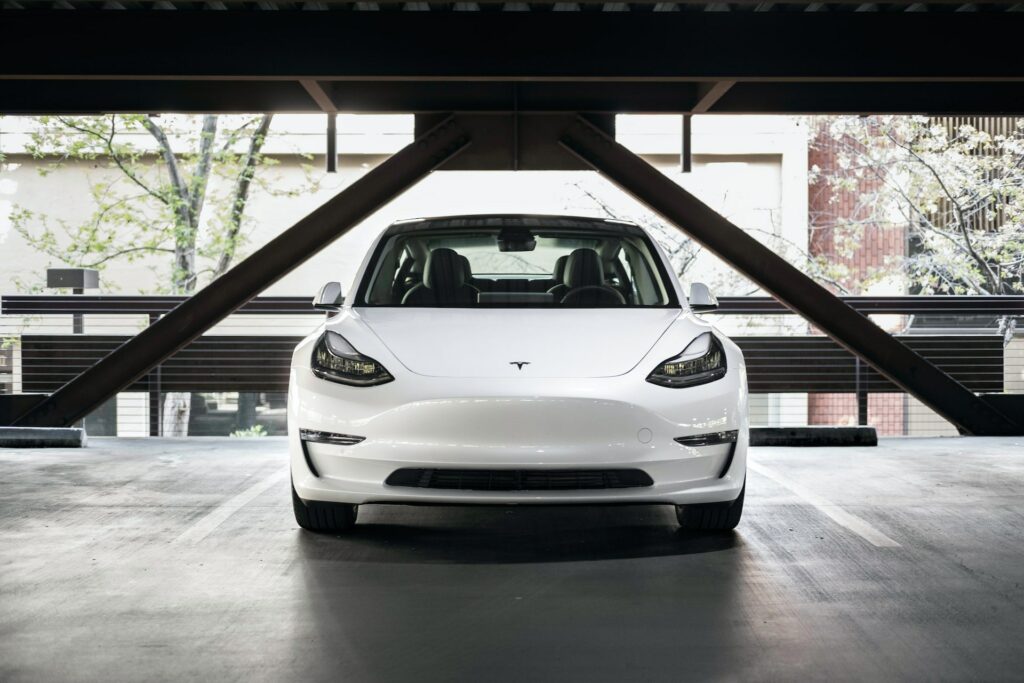
Conclusion
In conclusion, the transition to electric cars presents a multitude of benefits and opportunities for individuals, communities, and the planet. Electric vehicles offer zero tailpipe emissions, reduced operating costs, and a cleaner, more sustainable transportation alternative. By embracing electric mobility, consumers can contribute to mitigating climate change, improving air quality, and reducing dependence on fossil fuels.
Switching to electric cars is not just a personal choice but a collective responsibility toward a greener future. It’s time to consider electric vehicles as a sustainable option that aligns with our environmental values and aspirations. Governments, businesses, and individuals all have a role to play in driving the adoption of electric mobility and shaping the future of transportation.
As we look ahead, the future of electric mobility appears promising, with continued advancements in technology, infrastructure, and consumer awareness. With collaborative efforts and commitment from all stakeholders, we can overcome the challenges of electric vehicle adoption and realize the full potential of electric mobility. Together, let’s embrace the electric revolution and pave the way for a cleaner, greener, and more sustainable transportation ecosystem for generations to come.

